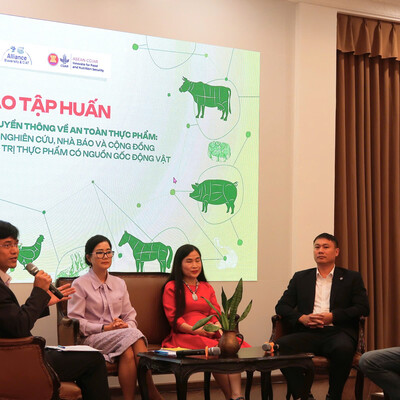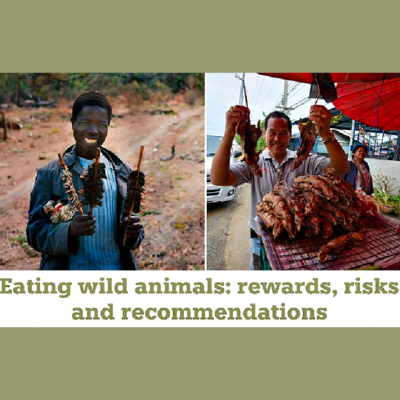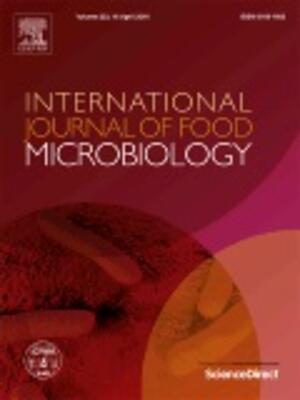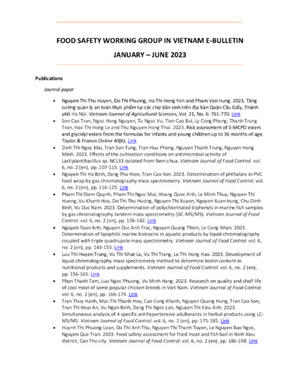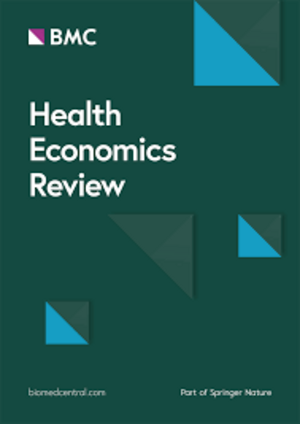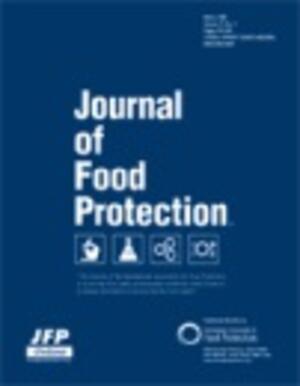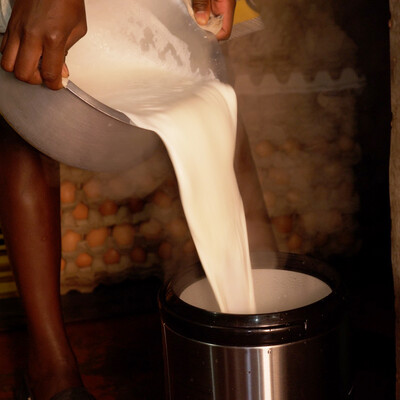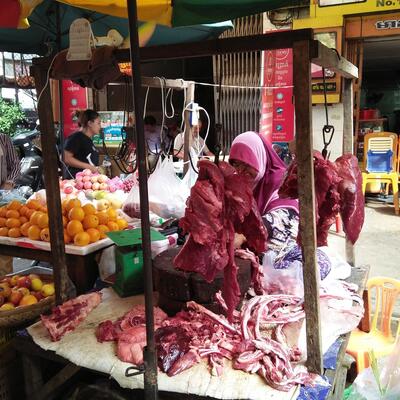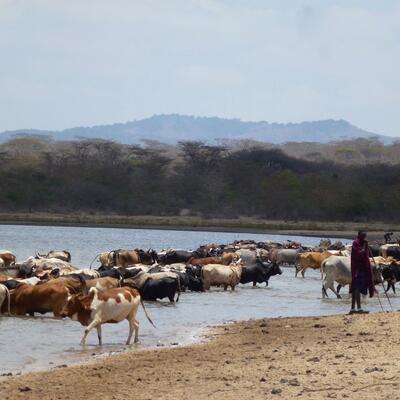
Reducing disease risks and improving food safety in smallholder pig value chains in Vietnam
This project aims to improve opportunities and incomes from smallholder pig value chains by generating evidence that leads to more successful management of the risks to both human and animal health that currently hamper the pig sector in Vietnam.
A previous project in Vietnam (Improving the competitiveness of pig producers in an adjusting Vietnam market) comprehensively characterized the smallholder pig sector; that project found that pork comprises three-quarters of meat consumed and is supplied mainly by smallholders, mostly women; pork production delivers substantial benefits to poor households; and smallholders are efficient producers.
However, pork contains high levels of pathogens and there is growing concern about food safety and animal disease among consumers and national policymakers alike. These concerns have already led to policy that favours industrialization and threatens smallholder access to markets.
Yet research by the International Livestock Research Institute (ILRI) and partners has shown that smallholder value chains are not only efficient, but safe. Research has a key role in generating evidence on the real impacts of pig disease and better ways of managing disease risks that are based on incentives rather than regulations.
This project addresses the evidence gaps that lead to unsupportive policy and through partnerships, capacity building and communication provides a pathway by which evidence can influence policy and practice, enhancing and safeguarding the smallholder pig sector in Vietnam.
The project forms an important part of two CGIAR Research Programs: one on livestock and fish and the other on agriculture for nutrition and health.
Objectives
- To assess impacts of pork-borne diseases on human health and the livestock sector.
- To develop and test market-based innovations to improve management of human and animal health risks.
- To communicate the lessons learned to sustainably improve capacity to assess and manage risks in the pork value chain.
Research questions
- What are the health risks and economic costs of pork-borne diseases in Vietnam?
- What is the added utility of risk-based approaches to food safety and pig disease over current hazard-based management?
- What is the role of market-based innovations to improve management of human and animal health risks in the smallholder pig value chains?









